Jawa Trade Language: Difference between revisions
No edit summary |
No edit summary |
||
| Line 1: | Line 1: | ||
[[File:jawaese2.png|Right| | [[File:jawaese2.png|Right|200px|frame|This image is a representation of all of the letters and numbers of Jawaese as well as the primary punctuation marker, the exclamation marker. The first 26 characters are directly translatable to Basic (A-Z). The characters that follow are also directly translatable to Basic (0-6, 8 and 9). The last character is directly taken from Basic as '!' as it is common for Jawas to shout phrases. | ||
Jawaese does not have a number 7 like other languages tend to have.]] | Jawaese does not have a number 7 like other languages tend to have.]] | ||
{{Quote | {{Quote | ||
Revision as of 19:16, 12 June 2014

- "Utinni!"
- — A Common Jawa Phrase
- "Utto nye usabia atoonyoba?"
- — Another Common Jawa Phrase
The Jawa Trade Language is a variant of the Jawa language. Because Jawas used scents in their language that were not able to be distinguishable for non-Jawa traders, Jawas invented a spoken and written version that did not require scents. This language is widely accepted by Jawas as the easiest way to communicate verbally with non-Jawas. Jawas lack the ability to speak Basic and many other languages without assistance.
The language has been both useful for trading with Jawas and the cause of numerous jokes about Jawas. It is complicated for some races to learn, but as easy as directly translating words for other races.
Earliest Writings
The Bene Alisimama was discovered and translated in Year 14 by Paul Luz who published the text, his translation, and notes to the Scholar's Guild. A copy of the report can be found at the Guild's holosite here: [1]. It was found inscribed on four large monoliths deep inside an abandoned Jawa fortress in the Dune Sea. The writing and grammar appear to be an archaic version of Jawaese, or at least a primitive written grammar. Luz believed this was because the text was meant to aid an oral story-teller who would supply the implied pheromones that constitute a great deal of the native spoken dialect. More careful recovery and study of the epic is ongoing.
Grammar Rules
Common Words
While most words are able to be directly translatable into the Jawaese alphabet, some words do not follow this rule. To translate those words, the Basic-based word must first be replaced by its Jawaese counterpart and then the letters are directly translatable to Jawaese.
- Above - tilba
- All - beton
- Always - gomjam
- And - un
- Back - kwa
- Bantha - ugama
- Bargain - bom'loo
- Below - nufuzu
- Broken - ko lopo
- Burn - ha'mfoo
- Buy - nye
- Cave - kiizci
- Chant - hazamuzee
- City - jubinloo
- Chief - ayafa gogowa
- Clan - ayafa
- Clean - meeglay
- Cliff - dikwass
- Cloud - kiluyak
- Cold - oko
- Cook - bazzok
- Credit - toineepa
- Curse - Nekkel juuvar obwegadada
- Curse (Extreme) - Hkeek nkulla
- Day - baba
- Desert - waff'mla
- Droid - atoonyoba
- Dune - rillo
- Empire - umpee
- Encampment - cirkoza
- Enemy - hunya
- Equal - ysas
- Far - bok
- Father (large go) - jar k'osa gogowa
- Find (scanner yes) - dook'wab'ibana
- Fix - tando
- Food - sooga
- For - un
- Friend - eyeta
- Give - opawi
- Go - ashuna
- Good day - ubanya
- Greetings - m'um m'aloo
- High - ogo
- Hole - m'nuta
- Hot - wass
- How - buja
- I - ikee
- Insurance - cona
- Junk - dooka
- Knife - ratapa
- Large - jar k'osa
- Later - yaytah
- Long ago - kebee'oto
- Make - kenza
- Market - upezzo
- Mine - m'bwa
- Mother (large she) - jar k'osa tomo
- Mountain - bopom kova
- Much - mob
- No - nyeta